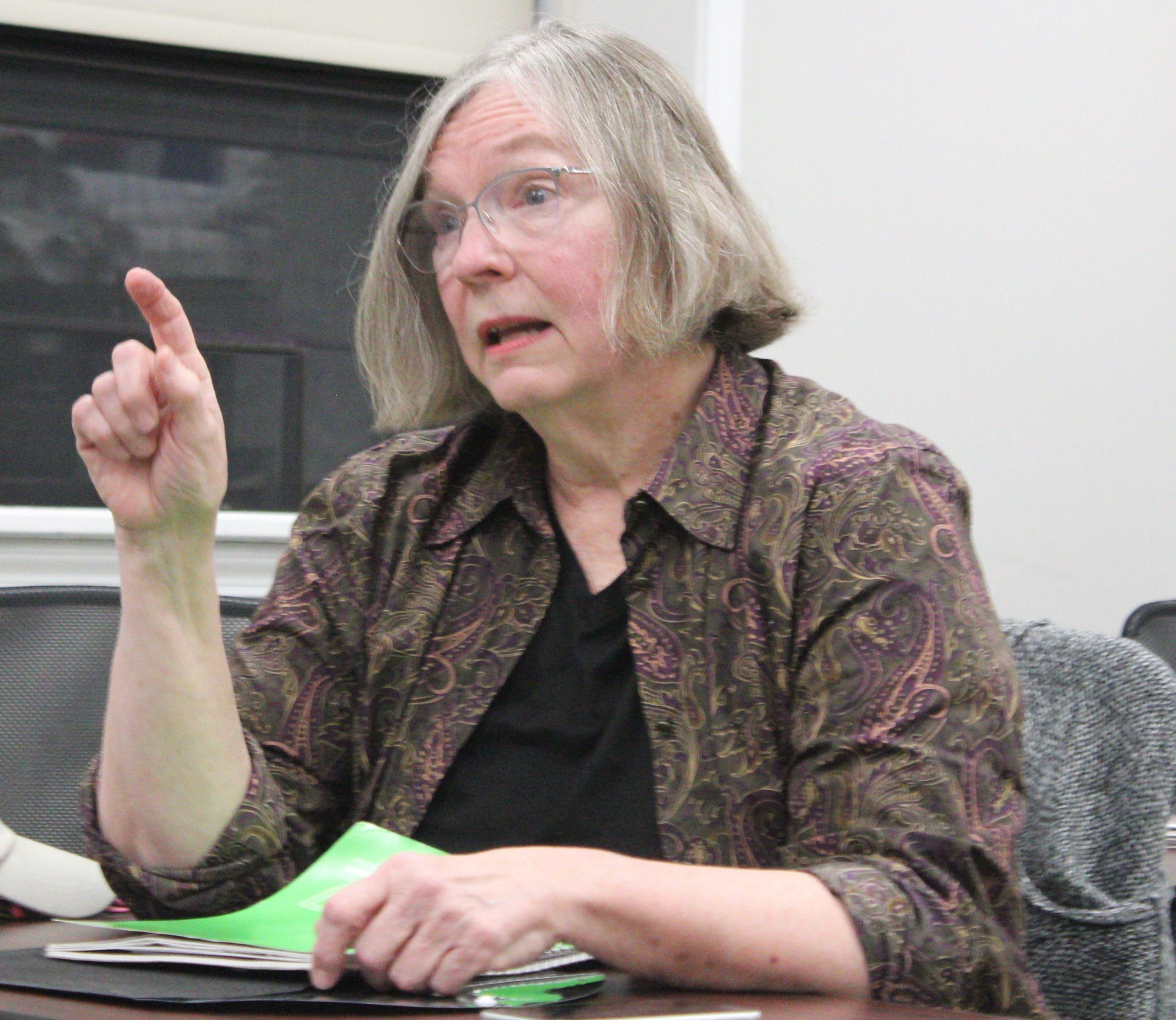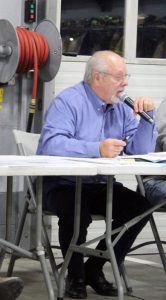
By Andreas Yilma Citizen’s News
BEACON FALLS — The Planning and Zoning Commission approved to extend another moratorium for an additional six months on cannabis establishments in town.
Gov. Ned Lamont signed into law legislation that legalizes the use of cannabis for people 21 years of age or older in June 2021. Retail sale of recreational cannabis in Connecticut is not expected to begin until May 2022, at the earliest.
The commission previously approved a six month moratorium in August. The moratorium blocks cannabis establishments, including cultivators and retailers, from opening town while it’s in place. The commission’s second moratorium went into effect on March 11 and is set to expire on Sept. 11.
“I would emphasis that I would like to see the committee working to get this wrapped up so we can possibly put this to bed prior to the end of the moratorium date,” Planning and Zoning Commission Chairman Donald Molleur said at the special meeting after the commission closed the public hearing.
Town Planner Savannah-Nicole Villalba said the cannabis establishments working group, consisting of Planning and Zoning Commission members Harry Roscoe and Marc Bronn, have been working with town planners to establish regulations that fit the town.
Town officials will need to consider the level of permitting for the uses and we need to consider the zone in which any of those uses would be permitted or not permitted for according to Villalba.
“We’re going to work with working group to start thinking about permitting level and zone and then from there once we have consensus from the commission about what uses they’d like to see, where they’d like to see them and the level of permitting they want for those, the planners can start drafting regulations that match the commission’s directive,” Villalba said.
Once town officials have something drafted, the commission will have a public hearing for residents to provide input on the proposed regulations, Villalba said.

One town resident, Joann Delenick, was heavily opposed to the opening of cannabis establishments in town.
Delenick said she was a victim of a car theft four years ago in town and after police recovered her vehicle, it reeked of marijuana smell that lasted from around the spring time until past the winter. The suspect that police caught in her car theft was arrested again for a parole violation. There’s no blood test for marijuana impairment in driving and it’s not known if the car thief was high during the theft, she added.
Delenick said there is a problem with marijuana being a revenue producer and the problems and the damage have yet to be determined because there’s not enough data.
“It’s not known what the damages are going to be, there’s not enough research done to tell exactly what kind of damages to the community other than already what happened to me but I’m going to tell the public and your committee, there’s not going to be a Purdue family to sue,” Delenick said.” The Purdue family ran the OxyContin scams. There’s not going to be a family like that to sue when people find out what the problems really are.”
Bronn said Delenick’s comments should be directed towards Gov. Lamont and the state legislature who approved the legalization of marijuana.
“What we’re doing in Beacon Falls, we’re looking at how this could affect our town, how could we make this new revenue producer or law fit in our town. So the merits of debating if marijuana can turn into an OxyContin situation, that’s not for this commission,” Bronn said.
Bronn said other nearby municipalities such as Seymour is going to have a marijuana facility so even if town officials try to keep it out of Beacon Falls, it will still come into town.
“My goal is to educate the public in Beacon Falls where I live and where this particular law is being considered. I don’t care what Seymour does,” Delenick said. “I don’t care what any other town does.”
Weslkey Vercosa, a Newington resident who attended on behalf of Craft Cured Consulting, said he attended the hearing because the town is considered to be a disproportionately impacted area and the consulting company can help facilitate, get the town’s bylaws written and get things moving.
“Six months moratorium on writing your bylaws would absolutely not be a good idea. There are third party entities such as the one that I have that can help the township create the bylaws in a way that we keep the community in mind,” Vercosa said. “As for any type of marijuana madness, that time is no longer with us.”
A facility for manufacturing, distribution or agriculture can help bring in revenue, Vercosa said.
Roscoe said he has talked to some residents and the town doesn’t seem exactly thrilled.
“This is a big issue in a town and I don’t think the town’s too much in favor of it,” Roscoe said. “Something to consider. We are representing the people of the town.”













